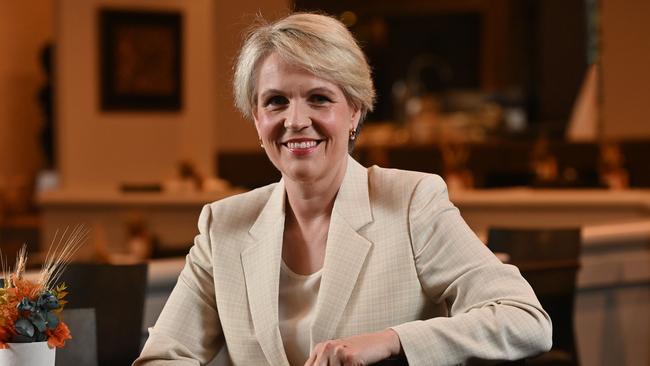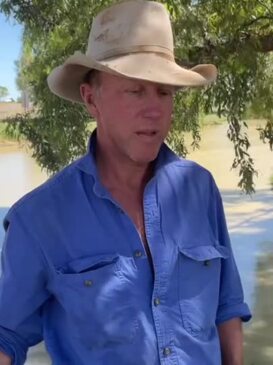Queensland decision key to future of CCS technology in Australia
Low Emissions Technology Australia says a looming decision on Glencore’s demonstration project in the Surat Basin could determine the future of carbon, capture and storage technology

Low Emissions Technology Australia says if Glencore’s contentious carbon capture and storage project in the Great Artesian Basin does not go ahead, Australia will “effectively be closing the door on CCS technology” and the future of critical industries in this country.
LETA, a $700m fund established in 2006 by the Australian black coal industry to invest in technological solutions aimed at reducing emissions, said CCS technology was essential for Australia to meet its net zero emissions target by 2050, and governments in the US, Britain and EU were investing billions of dollars in CCS technologies to support the decarbonisation of large, critical industries including steel, cement and power generation and Australia could not afford to be left behind.
Ahead of an environmental-impact statement decision by the Miles government in Queensland, due by May 27, Glencore said any move to scuttle its “test injection project” would represent the “death knell” for onshore CCS.

Under the proposal, Glencore subsidiary Carbon Transport and Storage Corporation (CTSCo) plans to capture carbon dioxide by-product from the Millmerran coal-fired power station, 100km west of Toowoomba, and move it by truck and pipeline before injecting it 2.3km below ground into an aquifer near Moonie.
The “test injection demonstration” would store up to 330,000 tonnes of carbon dioxide over three years, but could be scaled up over time.
LETA on Sunday said the project had been “subject to extensive and rigorous environmental assessment, through a detailed and public environmental impact statement (EIS) process.”
Chief executive Mark McCallum said the project had been “independently reviewed by Australian and global experts, including the Australian Government Independent Expert Scientific Committee, the Queensland Office of Groundwater Impact Assessment and CSIRO who concluded any impacts would be local and minor”.

“If the CTSCo project does not go ahead, Australia will effectively be closing the door on CCS technology and turning its back on the future for some of the critical industries that we rely on every day,” he said.
“We can’t let opinions or hearsay on critical scientifically proven emission reduction technologies stand in the way of allowing Australia to meet its net zero goal, all while protecting critical Australian industries and thousands of Australian jobs.”
LETA has been a partner in the CTSCo project since 2014 as part of a broader group that has provided funding and technical support in collaboration with the federal government, ANLEC R&D, Marubeni and Power.
A coalition of environmental groups and farming bodies, including Gina Rinehart’s Hancock Agriculture, have come out strongly against the $210m project. They fear storing carbon dioxide within the Great Artesian Basin, which covers 22 per cent of the continent, will cause irreparable harm.
Nationals MP for Flynn Colin Boyce told parliament in February last year that “to even contemplate compromising this treasured water asset on the earth’s driest habitable continent is unthinkable madness”.
Mr Boyce said the basin was the eighth wonder of the natural world and the outback’s version of the Great Barrier Reef.





To join the conversation, please log in. Don't have an account? Register
Join the conversation, you are commenting as Logout